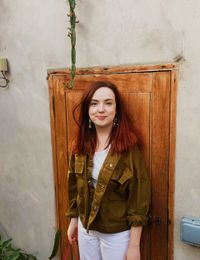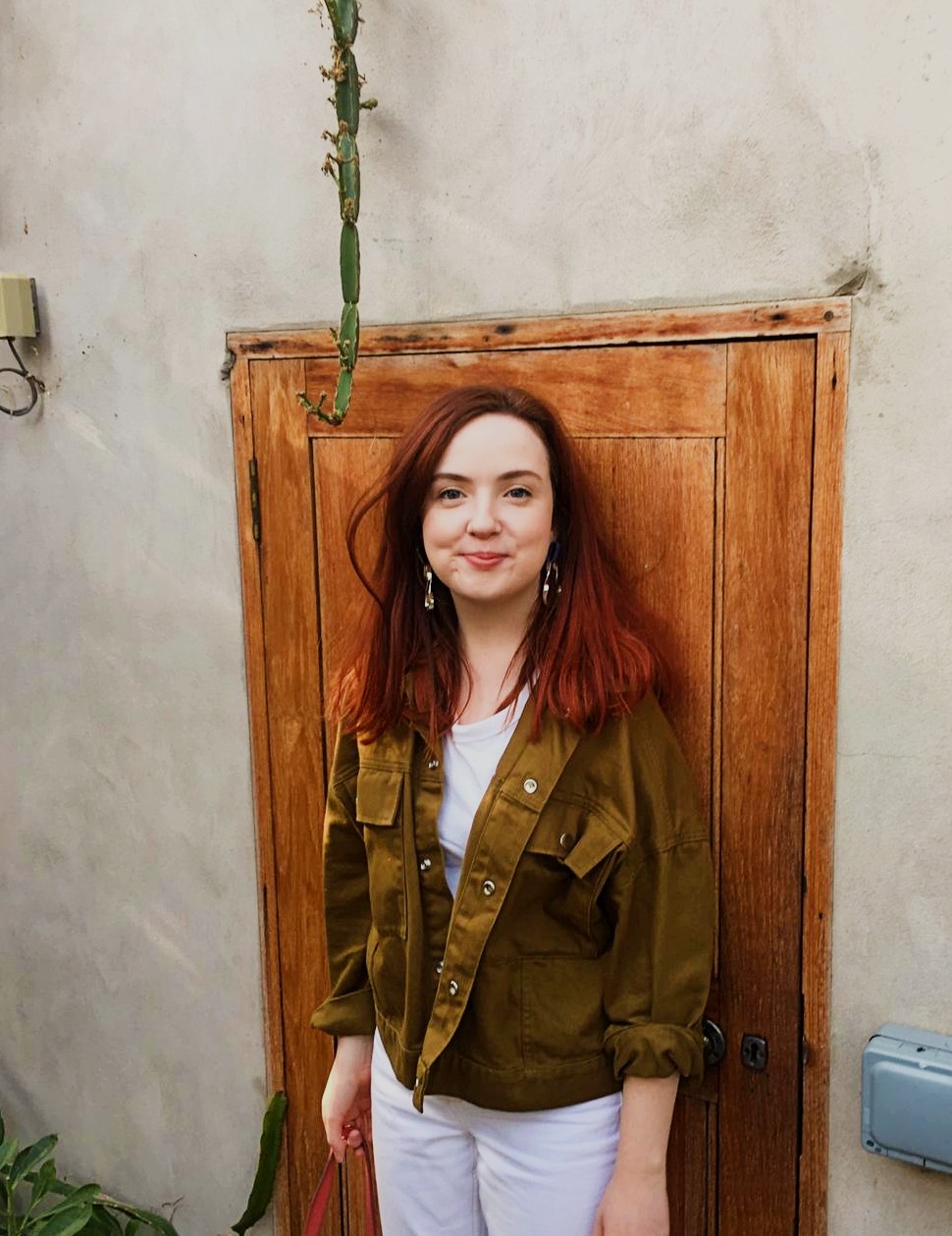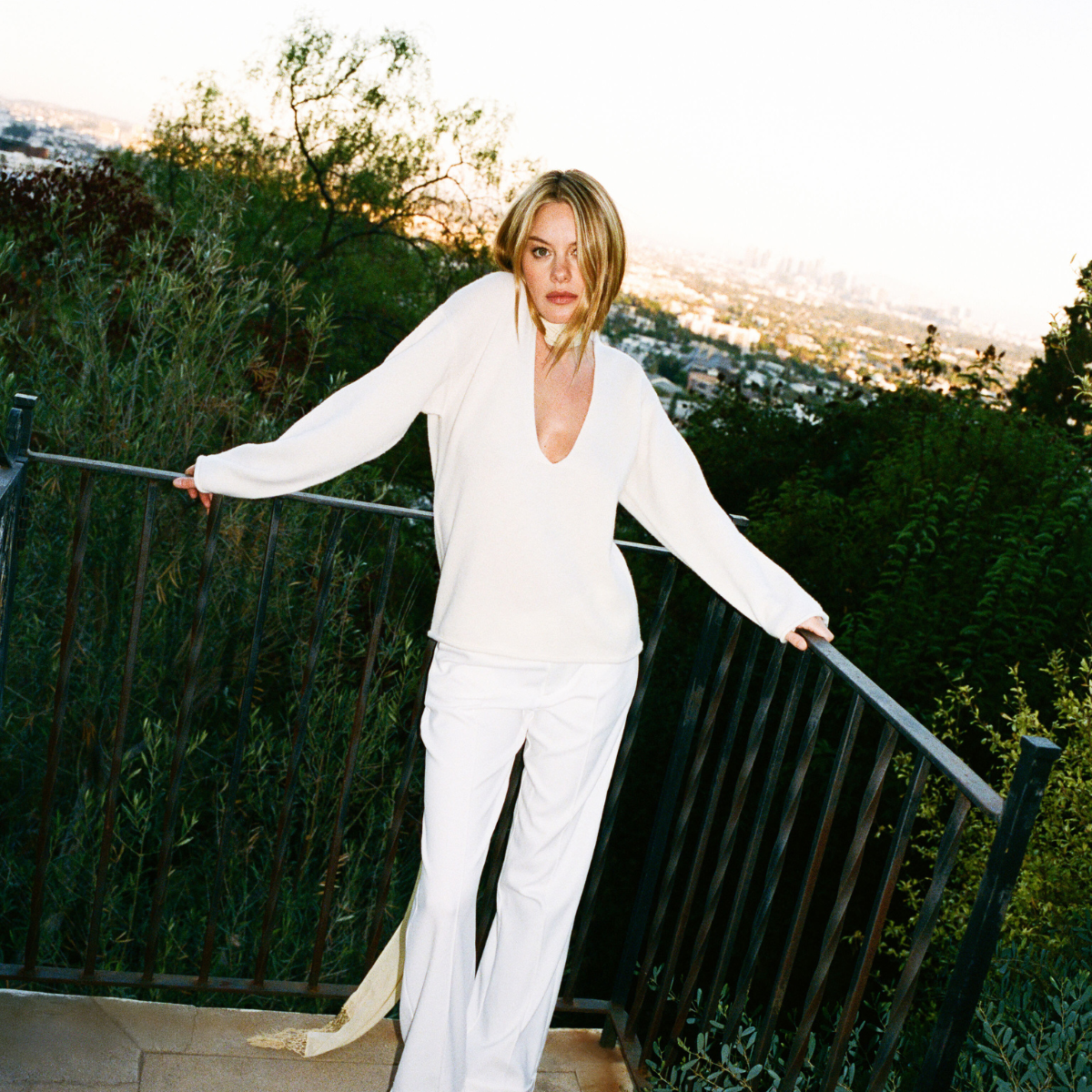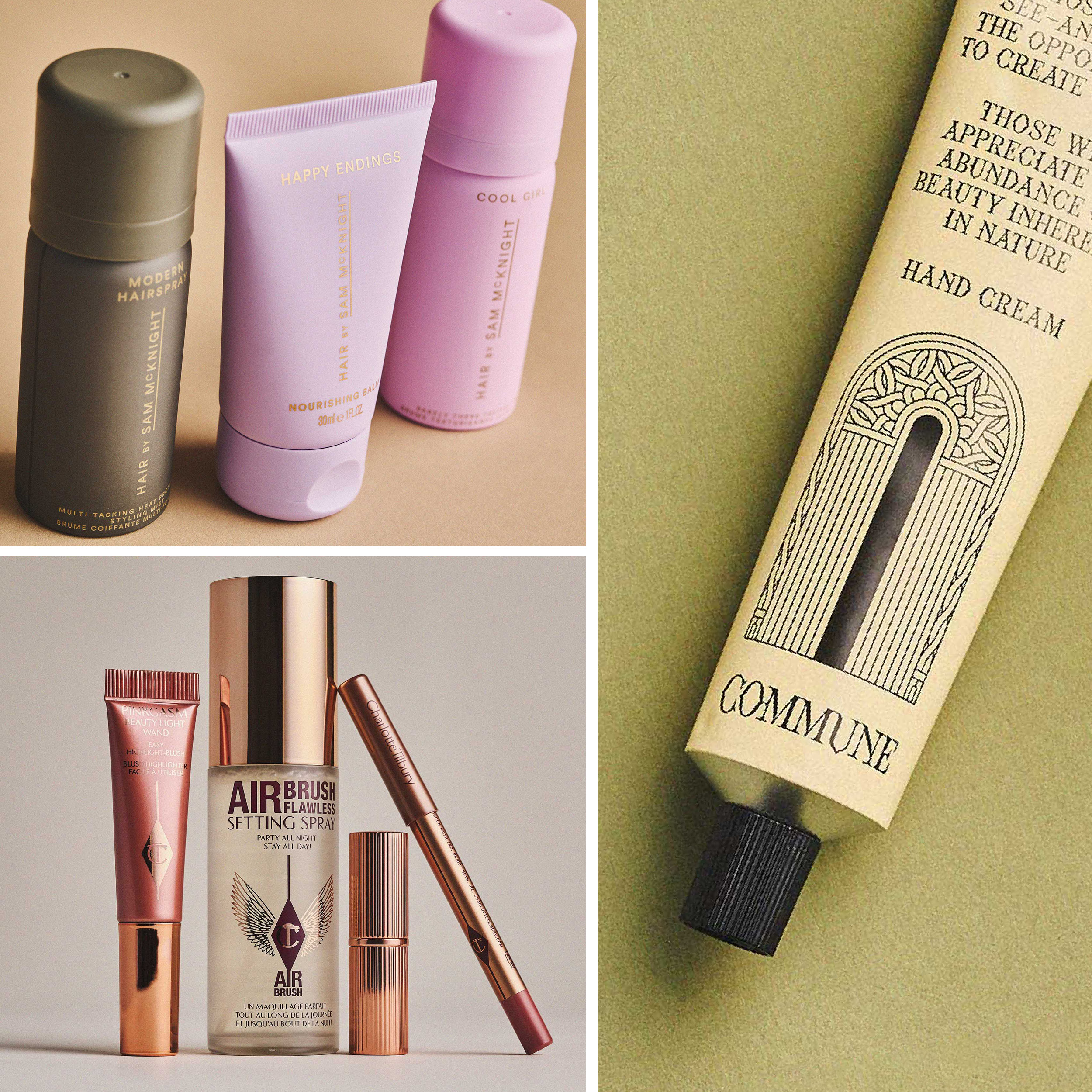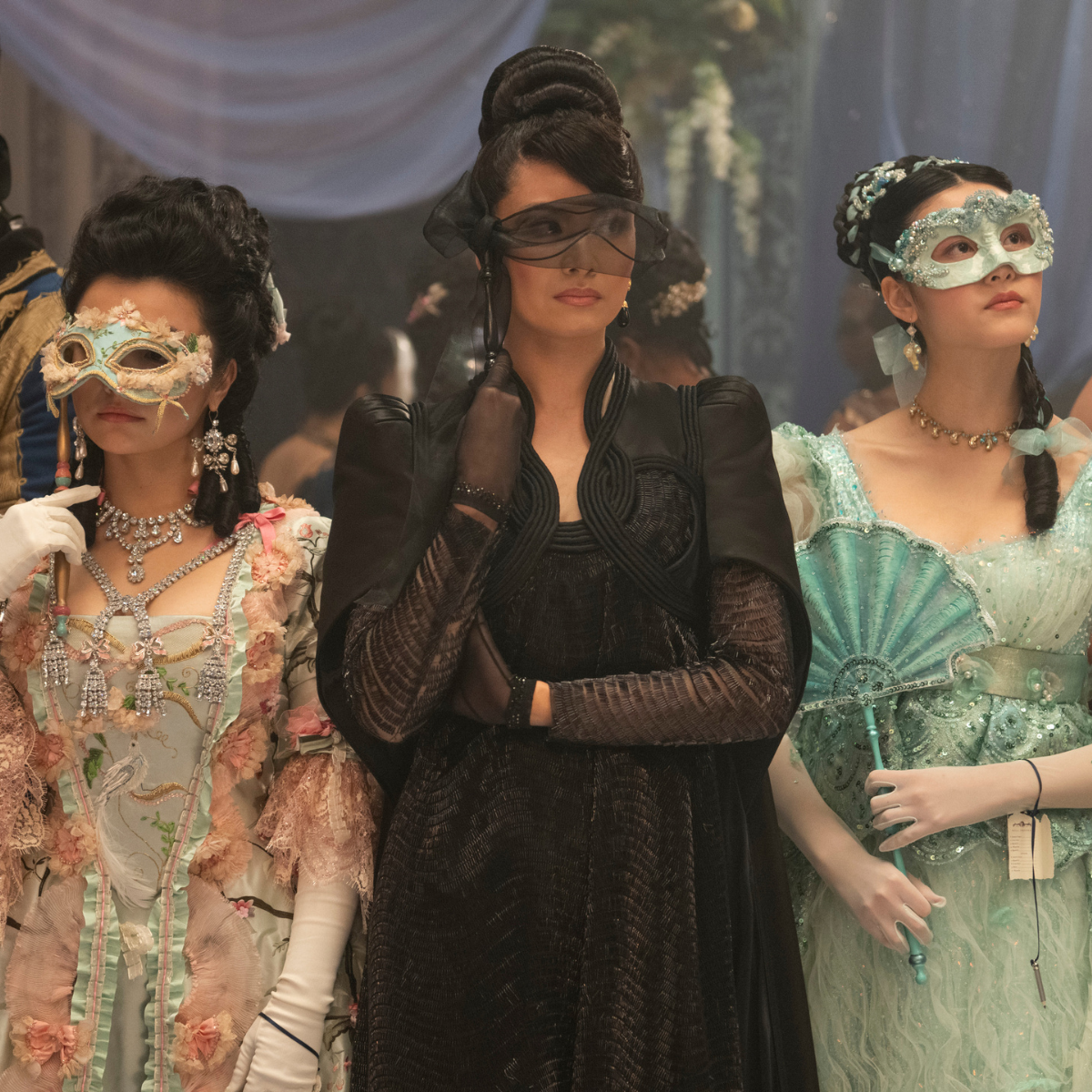International Women’s Day 2023: Real empowerment requires us all to be allies. Here's how you can make a difference according to the experts
The importance of intervention when we see injustice was on the agenda at the Marie Claire Power Series summit; Allies, Networks & Action
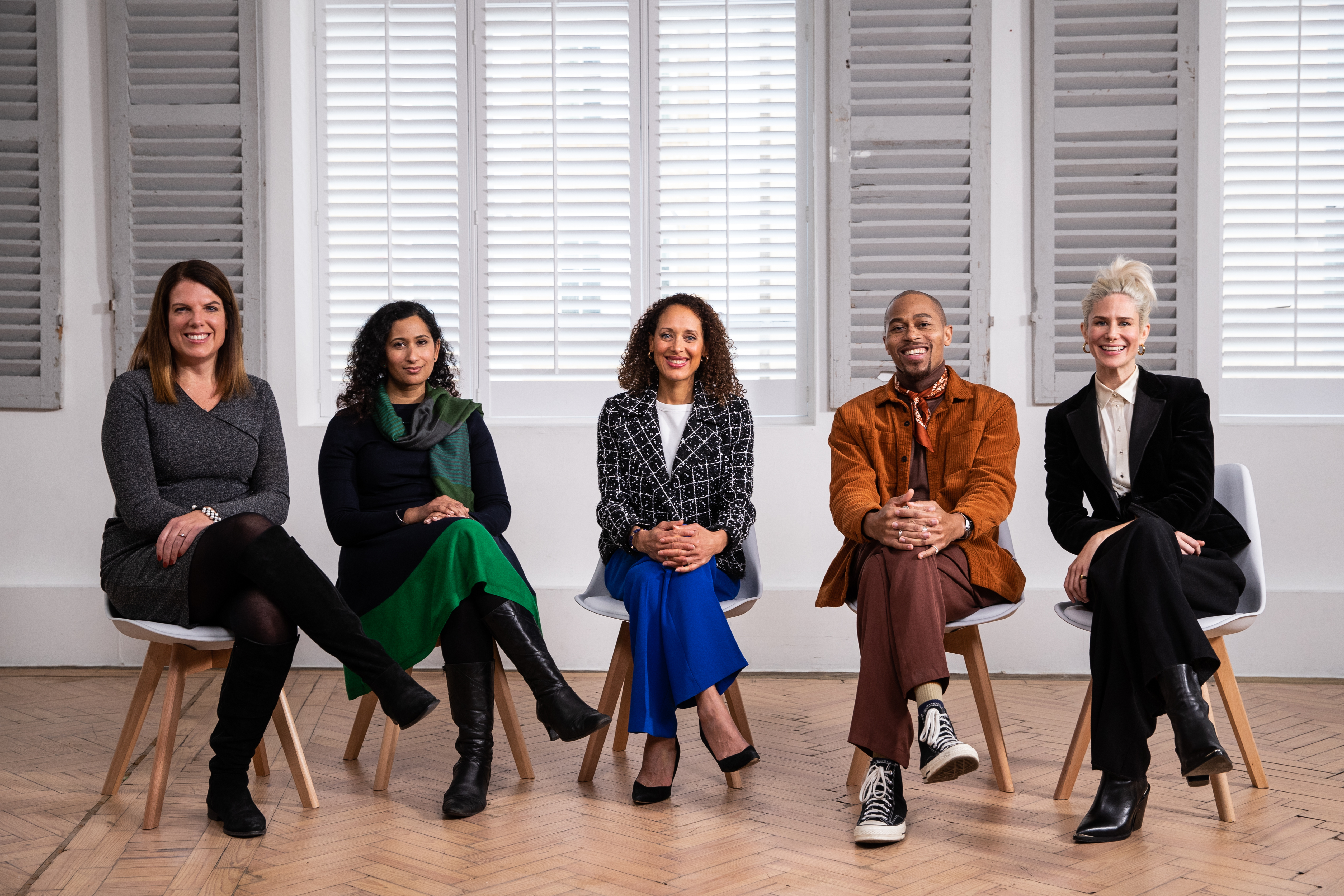
If International Women’s Day is a celebration of women’s achievements – from the political to the social – it’s also a day to reflect on the roadblocks standing in the way of women's equality.
That’s why this IWD, we’re partnering with L'Oréal Groupe to bring you the Marie Claire Power Series summit: Allies, Networks & Action.
“At Marie Claire, women’s empowerment is at the heart of what we do,” explained Marie Claire Editor-in-Chief Andrea Thompson, who chaired a four-strong panel of advocates and experts. “But women can’t feel empowered to live their lives to the full unless they feel safe in their communities. Whether it’s sexual harassment or domestic abuse, women’s safety demands a collective response.”
That collective response came from four experts on the frontline of women's empowerment, each offering a unique perspective on the power of allyship. Andrea was joined on the panel by Chair of the Women and Equalities Committee Caroline Nokes MP, CEO of Women’s Aid Farah Nazeer, Head of Facilitation at Beyond Equality Ben Hurst, and bestselling author and psychologist Dr Sophie Mort.
Here are some of the key takeaways.
"Hearing brands talk about the issue mainstreams the conversation"
It’s an unprecedented time for women and children’s charity Women’s Aid, which is still dealing with the impact that Covid-19 lockdowns had on victim-survivors of domestic abuse. Did an increased awareness of the issue during the pandemic, Andrea prompted, affect reporting rates?
“It’s a complex question to answer,” said the organisation’s CEO Farah Nazeer. “We’re still in a context where one in three women will experience some form of violence from an intimate partner. We’re still in a context where only one in five women will ever report to the police. So we’re not in what you’d call a safe context right now. Has reporting increased? I think the answer is no. Has awareness increased? I think the answer is yes.”

Women’s Aid CEO Farah Nazeer
Awareness has, in part, been helped by campaigns like the charity’s Abuse is Not Love partnership with L'Oréal brand YSL Beauté. (Unsurprisingly, L'Oréal has a long history of working to empower women and in 2020 established a dedicated fund to support women globally, the L’Oréal Fund For Women).
“This is a common experience shared by millions of women,” said Nazeer. “Hearing brands talk about the issue moves women away from wondering whether it’s possible to talk about it. It mainstreams the conversation.”
But the challenge doesn’t just begin and end with awareness, cautioned Nazeer. “Awareness is the first step, but we still have a way to go before we see people feeling trust in the system, trust in the parts of society that are supposed to support the women and children who are experiencing abuse. And until we see more trust, we won’t see more reporting.”
“It’s about giving women the ability to speak up and making sure that the support services are there for them”
Next up to offer her perspective was Caroline Nokes MP, who was elected to the Chair of the Women and Equalities Committee in January 2020. An outspoken critic of public sexual harassment (a L'Oréal Paris study found that a resounding 80% of women have been on the receiving end of some kind of street harassment), Nokes spoke of the wins being made in pursuit of women's equality at a parliamentary level.

Caroline Nokes MP, Chair of the Women and Equalities Committee
"What matters to me is that we don’t just have legislation," she told the panel. "It’s about enforcement. It’s about giving women the ability to speak up and come forward, and making sure that the support services are there for them when they do. It’s very much a case of always making sure that the pressure is kept up and that we don’t rest on our laurels."
“All men have a responsibility to be allies"
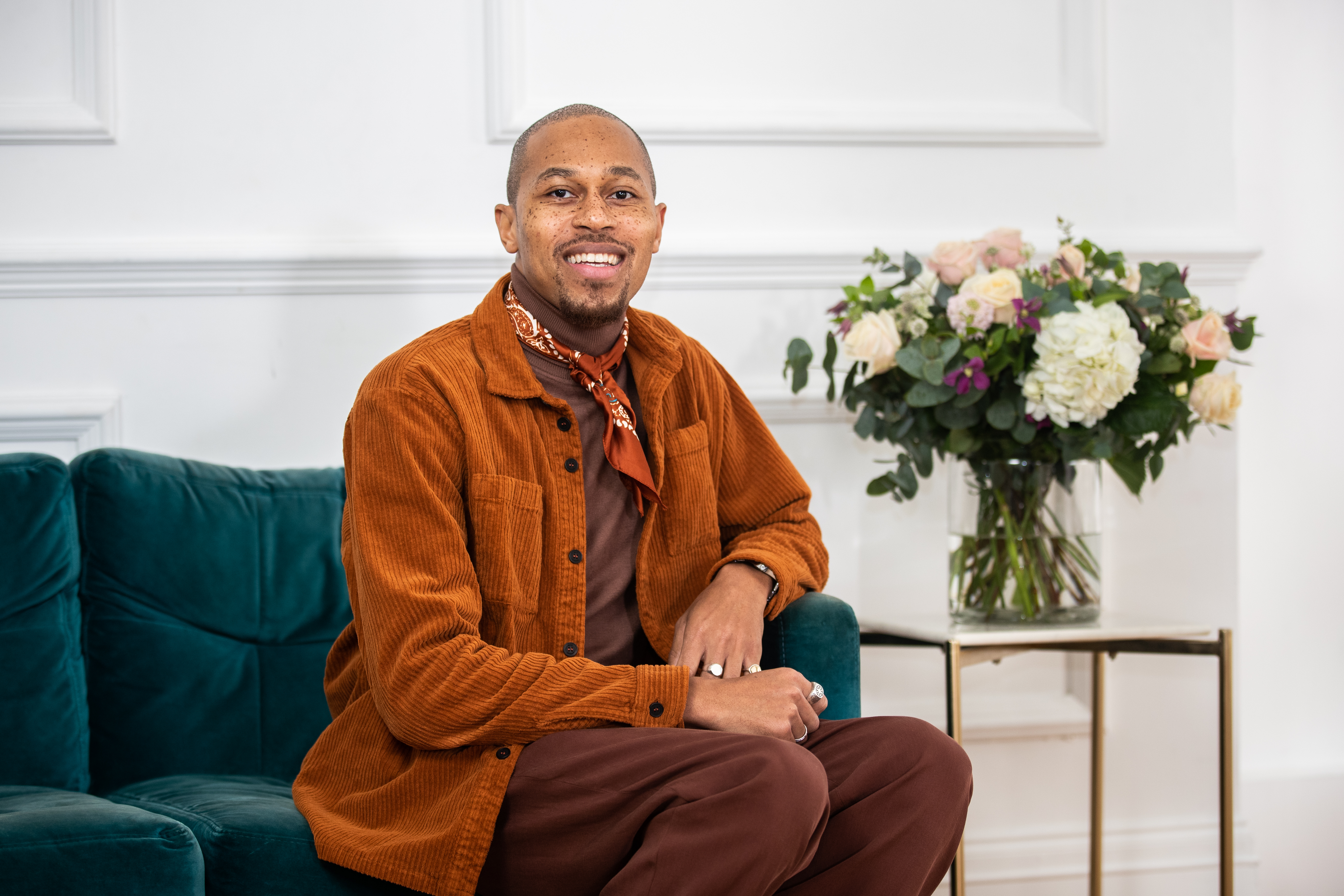
Ben Hurst, Head of Facilitation at gender equality charity Beyond Equality
Bystander prevention, said Head of Facilitation at Beyond Equality Ben Hurst, “is about grounding [sexual harassment] in reality” for young men and boys. The organisation, whose strapline is ‘Rethinking Masculinities’, focuses on engaging men and boys in the gender equality conversation.
“I think boys like to think about these kinds of conversations as though they’re happening away from us,” Hurst told the panel. “[So it’s about] helping them to view it in a slightly different way, where they’re analysing the things that are normalising those behaviours. When we talk about allyship in our organisation, we’re talking about using the privileges that we have to dismantle the systems that privilege us over other people."
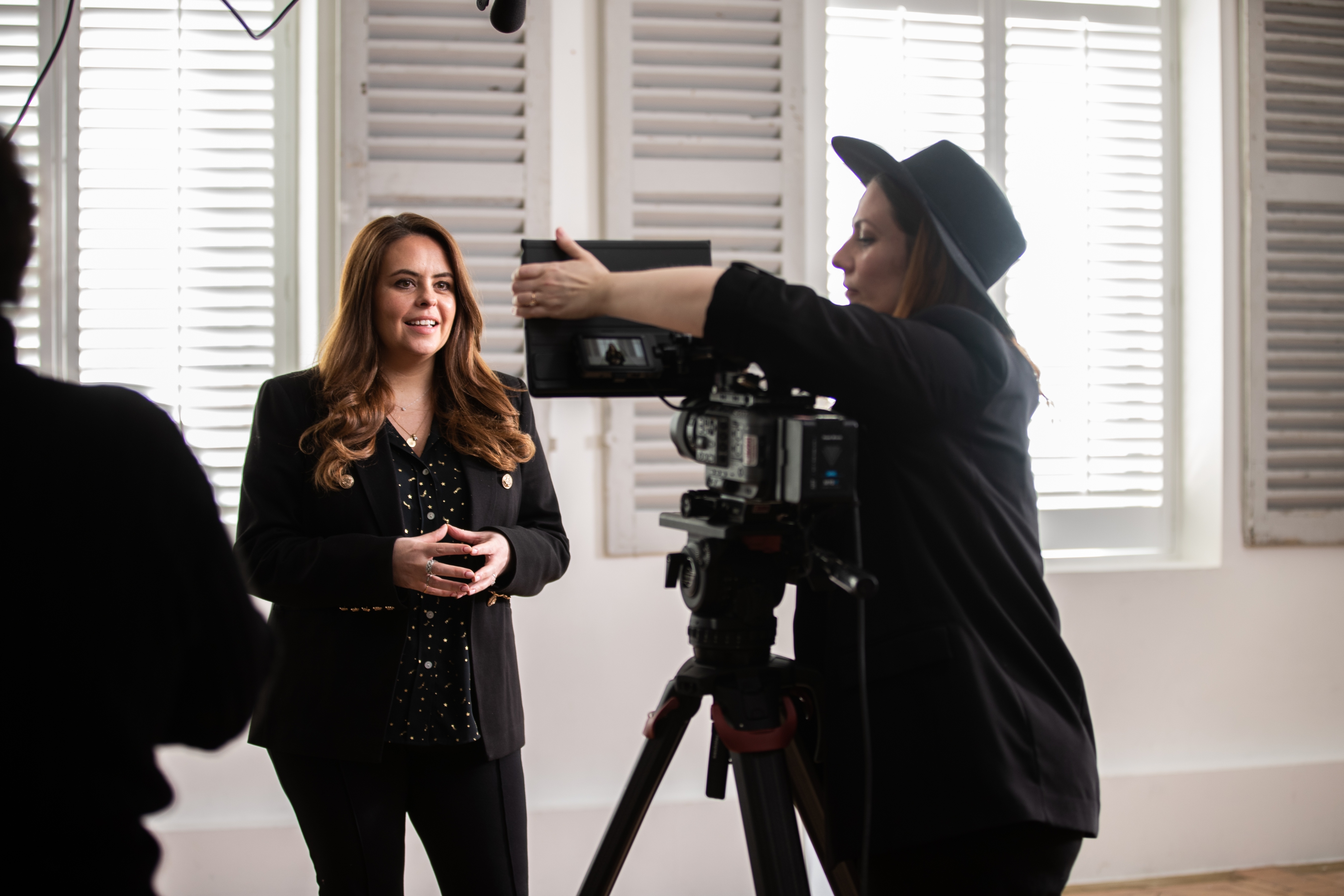
L'Oréal Paris General Manager UK & Ireland, Caroline O’Neill introduced the panel
Farah Nazeer agreed. “We often hear, ‘It’s not all men who perpetrate.’ Of course it’s not all men who perpetrate. But all men do have a responsibility to be allies and change the cultural environment within which violence and misogyny is broadly tolerated – particularly domestic abuse, which is still seen as a private home matter by the vast majority of the population. Our message is that there are bystanders and there are upstanders, and we really encourage all men to be upstanders and call it out.”
"When you have a group of people around you, your self-esteem is automatically boosted"
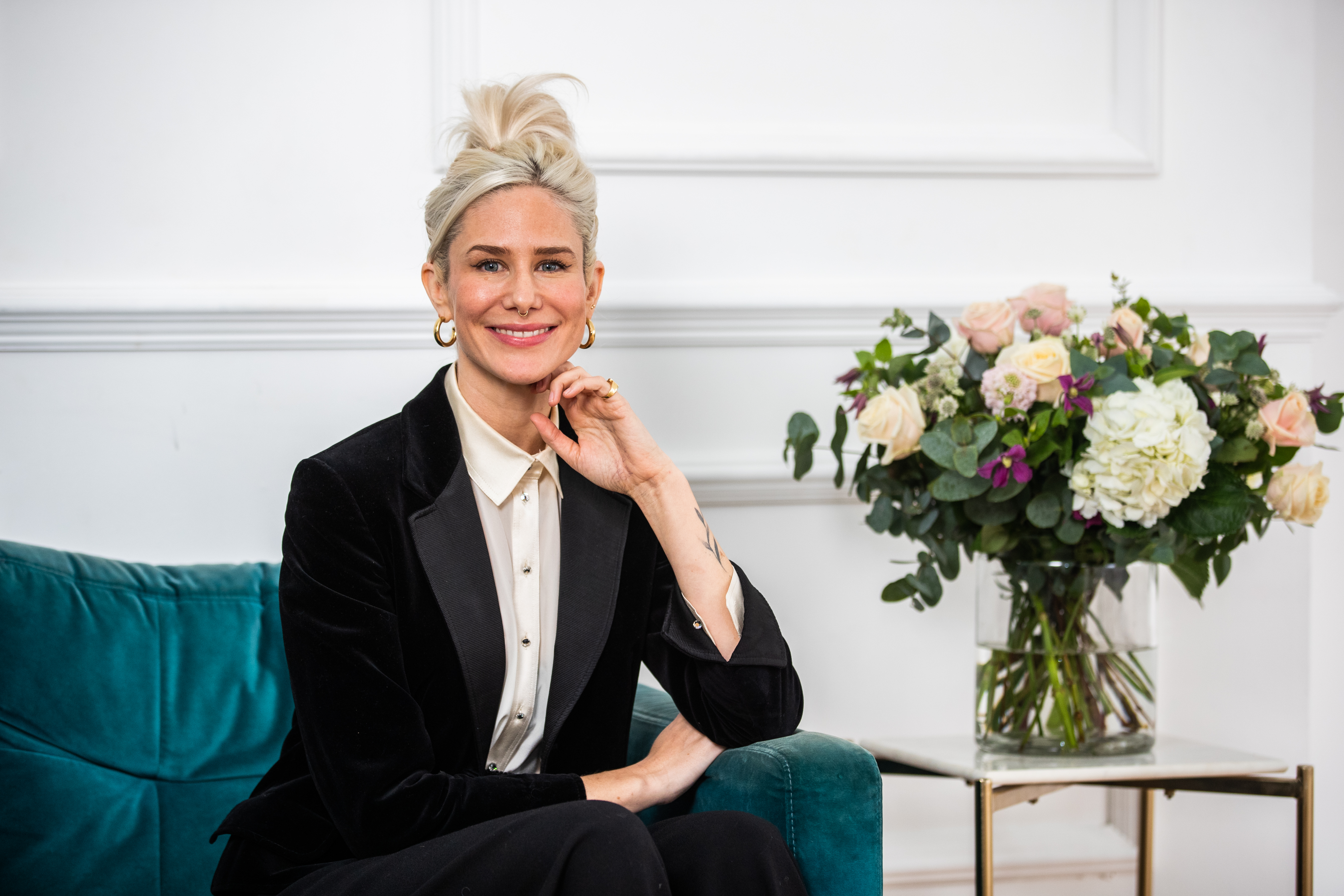
The support that networks of other women can provide to those experiencing domestic abuse isn’t to be underestimated, Dr Sophie Mort told the panel.
“I spend hours a day sitting with women talking about their life experiences, and the number of times I’ve heard women say that the most important thing that happened for them was having someone sit with them and say, ‘I believe you.'"
"Networks of support can not only take on some of the practical tasks. They can send the message of, ‘You aren’t imaging this. You deserve something better. You deserve a different kind of love.' When you have a group of people around you, looking you in the eyes and saying, 'I know you deserve better,' your self-esteem is automatically boosted."
If you or someone you know has been affected by any of the issues mentioned in this story, help is available on the Women’s Aid website. You can also call The Freephone National Domestic Abuse Helpline on 0808 2000 247. More information on L'Oréal Paris' Stand Up training can be found here.
Celebrity news, beauty, fashion advice, and fascinating features, delivered straight to your inbox!
Kate McCusker is a freelance writer at Marie Claire UK, having joined the team in 2019. She studied fashion journalism at Central Saint Martins, and her byline has also appeared in Dezeen, British Vogue, The Times and woman&home. In no particular order, her big loves are: design, good fiction, bad reality shows and the risible interiors of celebrity houses.
-
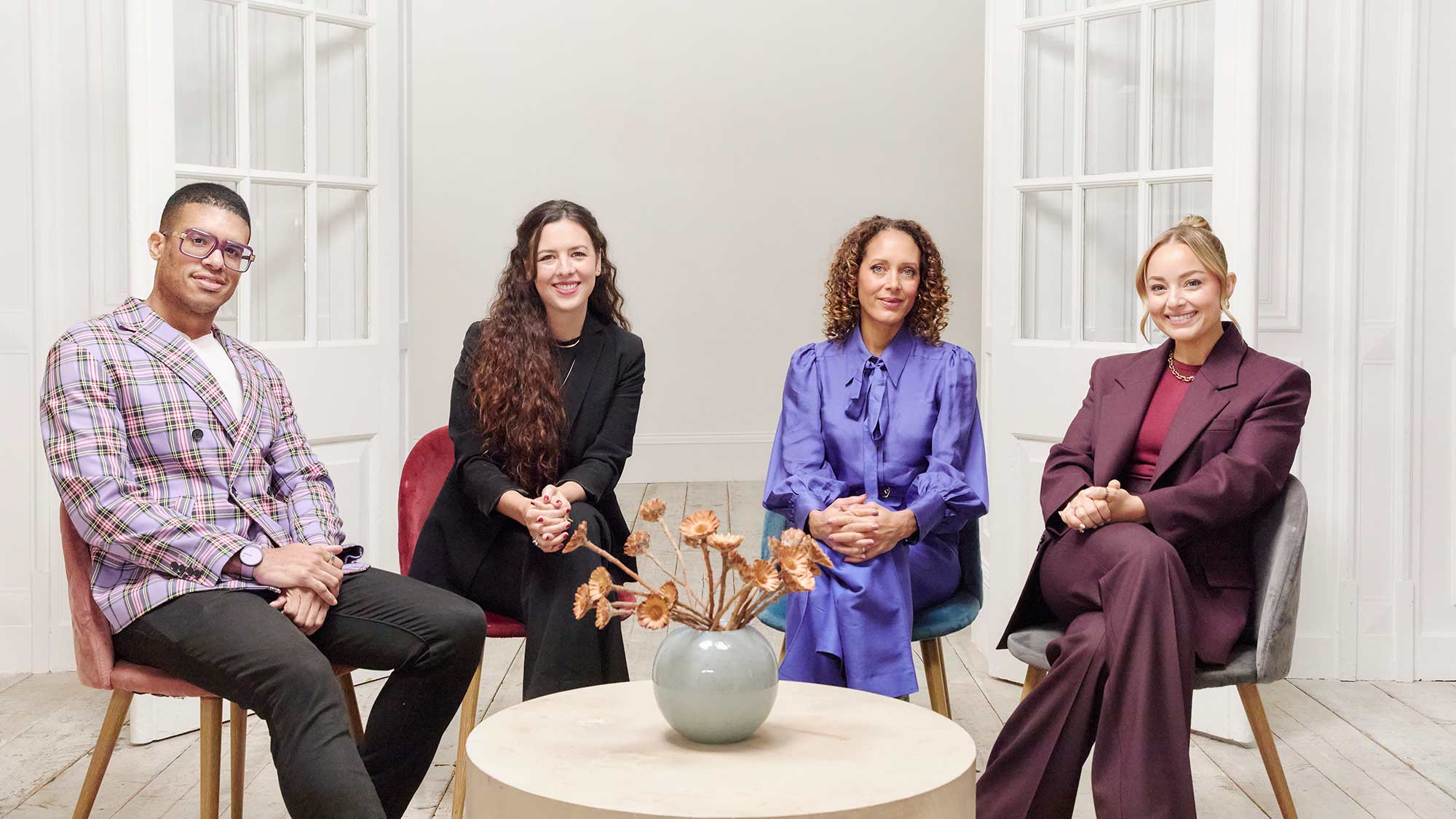 Power Summit: why education and allyship is key to ending violence against women and girls
Power Summit: why education and allyship is key to ending violence against women and girls -
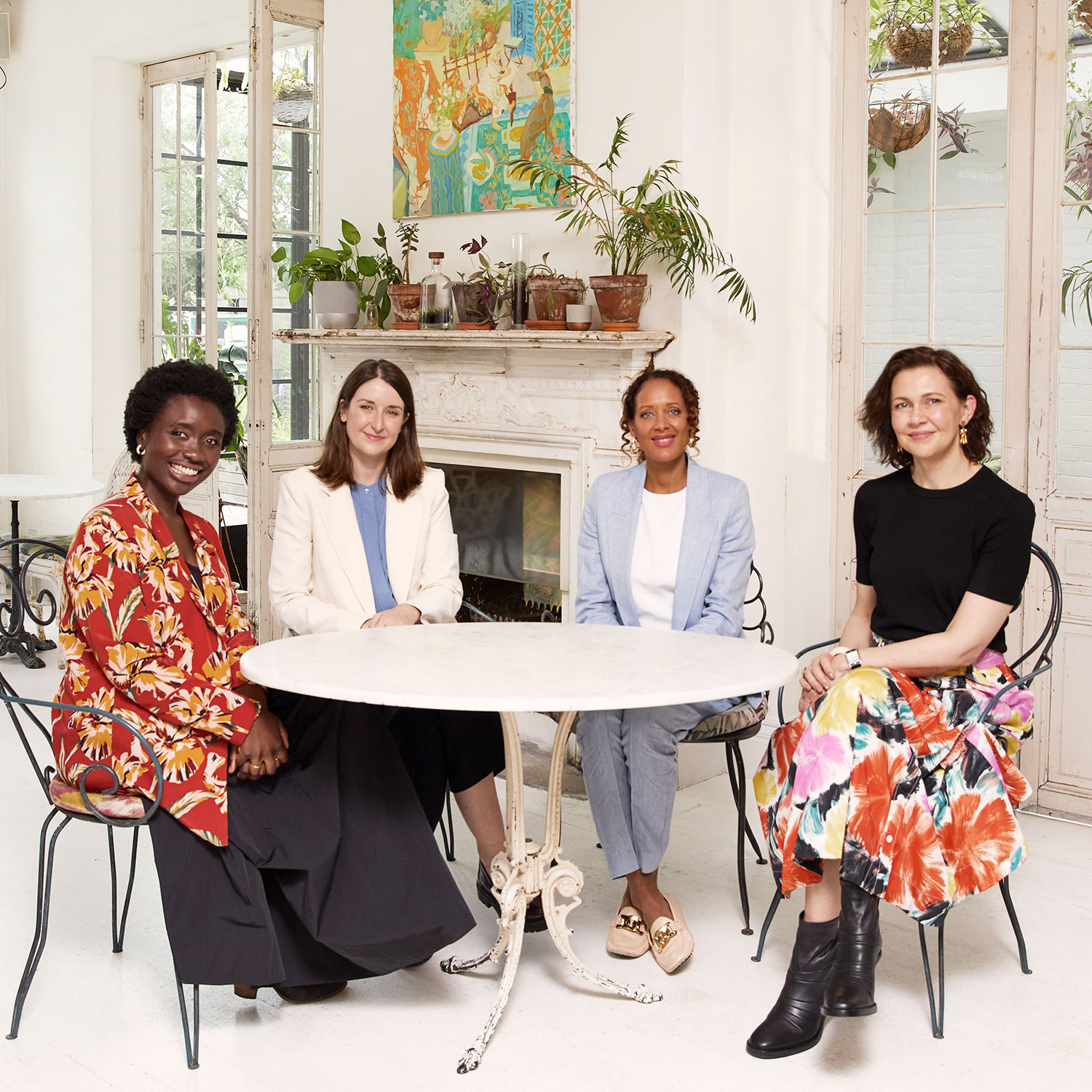 Power Summit: how Green Sciences are shaping the beauty industry
Power Summit: how Green Sciences are shaping the beauty industryFrom formulation to application, the world of beauty is striving to become more sustainable. Here, we meet three industry insiders championing conscious innovation
-
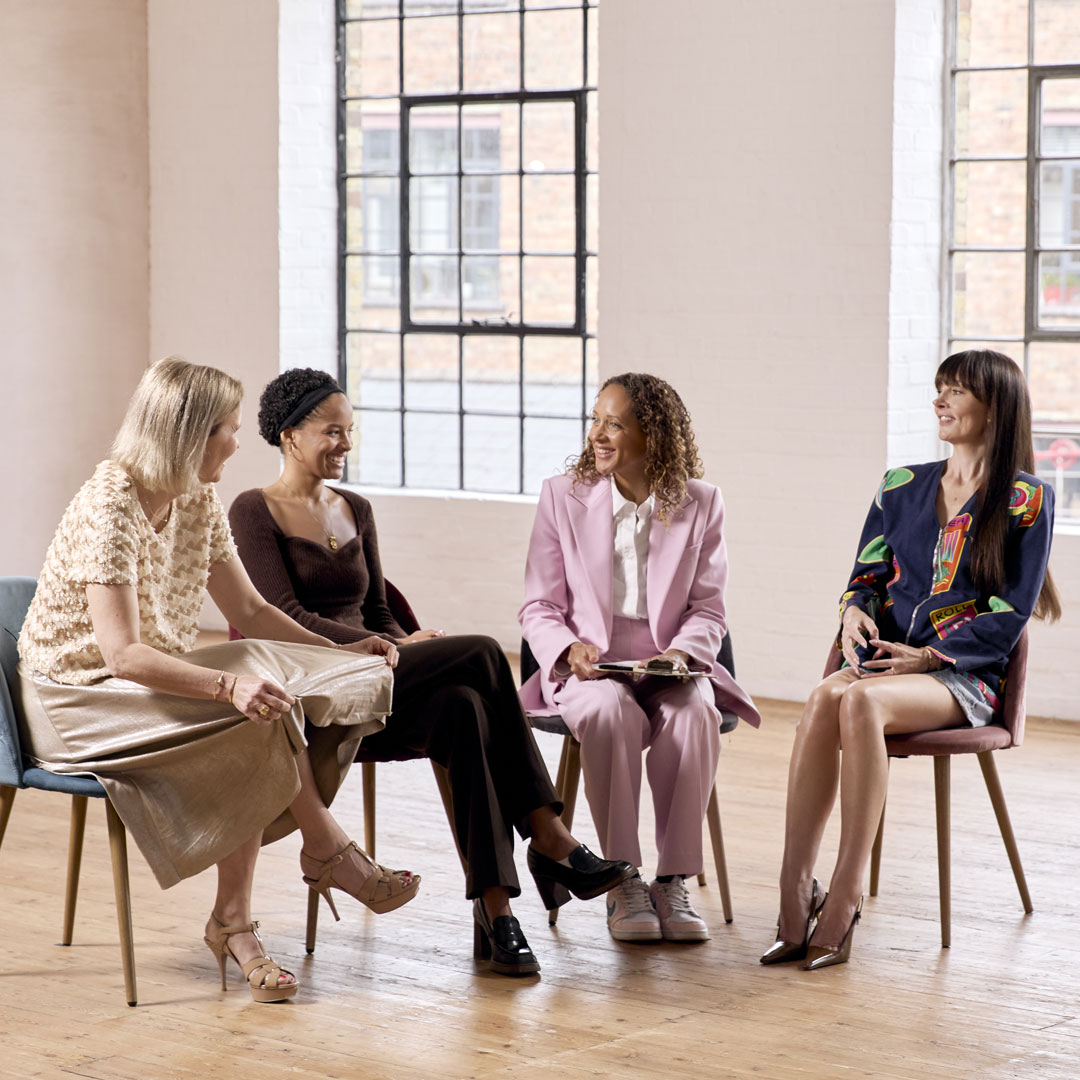 Power Summit: shaping the future of tech
Power Summit: shaping the future of tech -
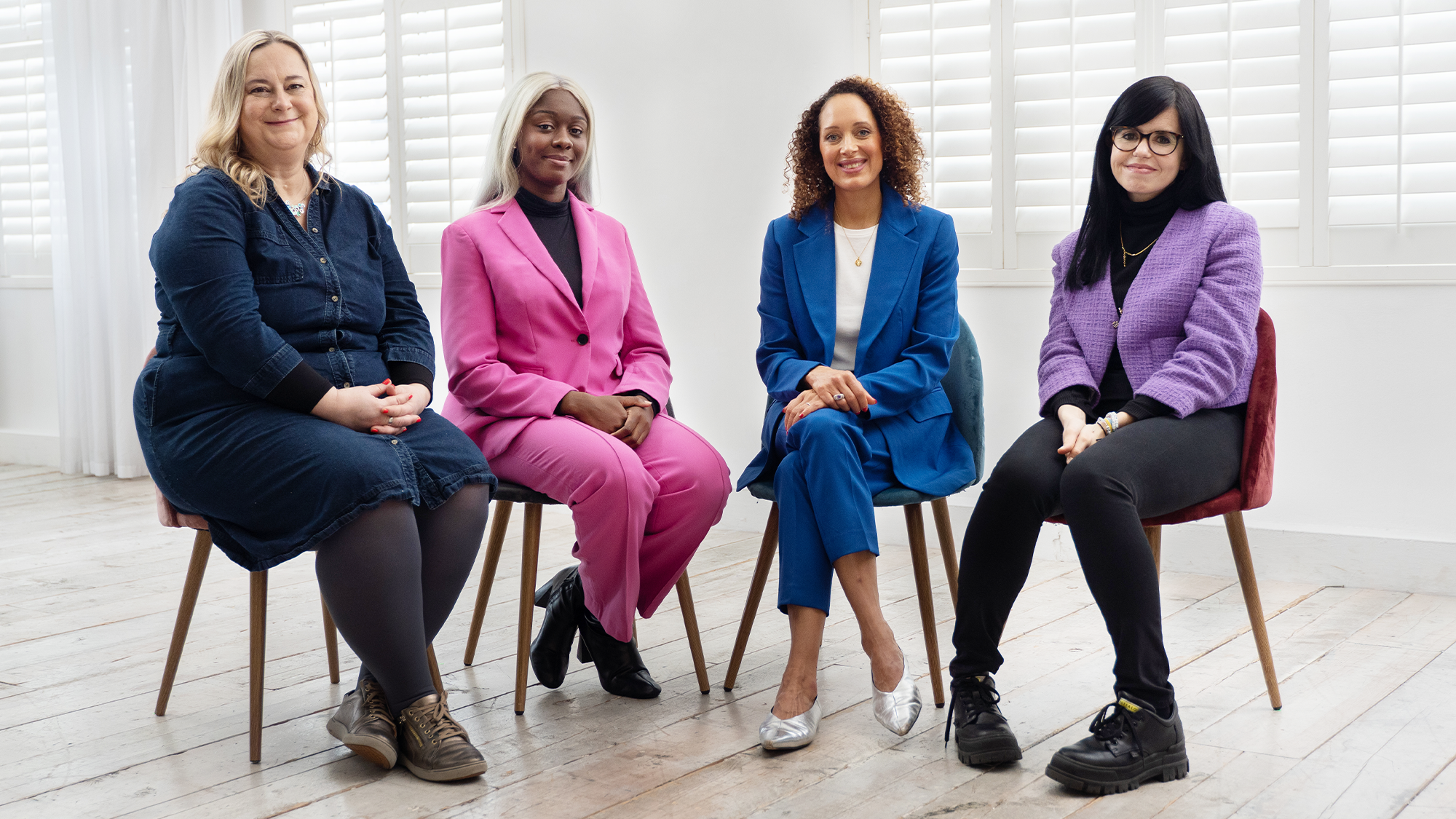 Women in STEM: celebrating our achievements this IWD
Women in STEM: celebrating our achievements this IWDHere's why women play a vital role in shaping the cutting edge careers of tomorrow.
-
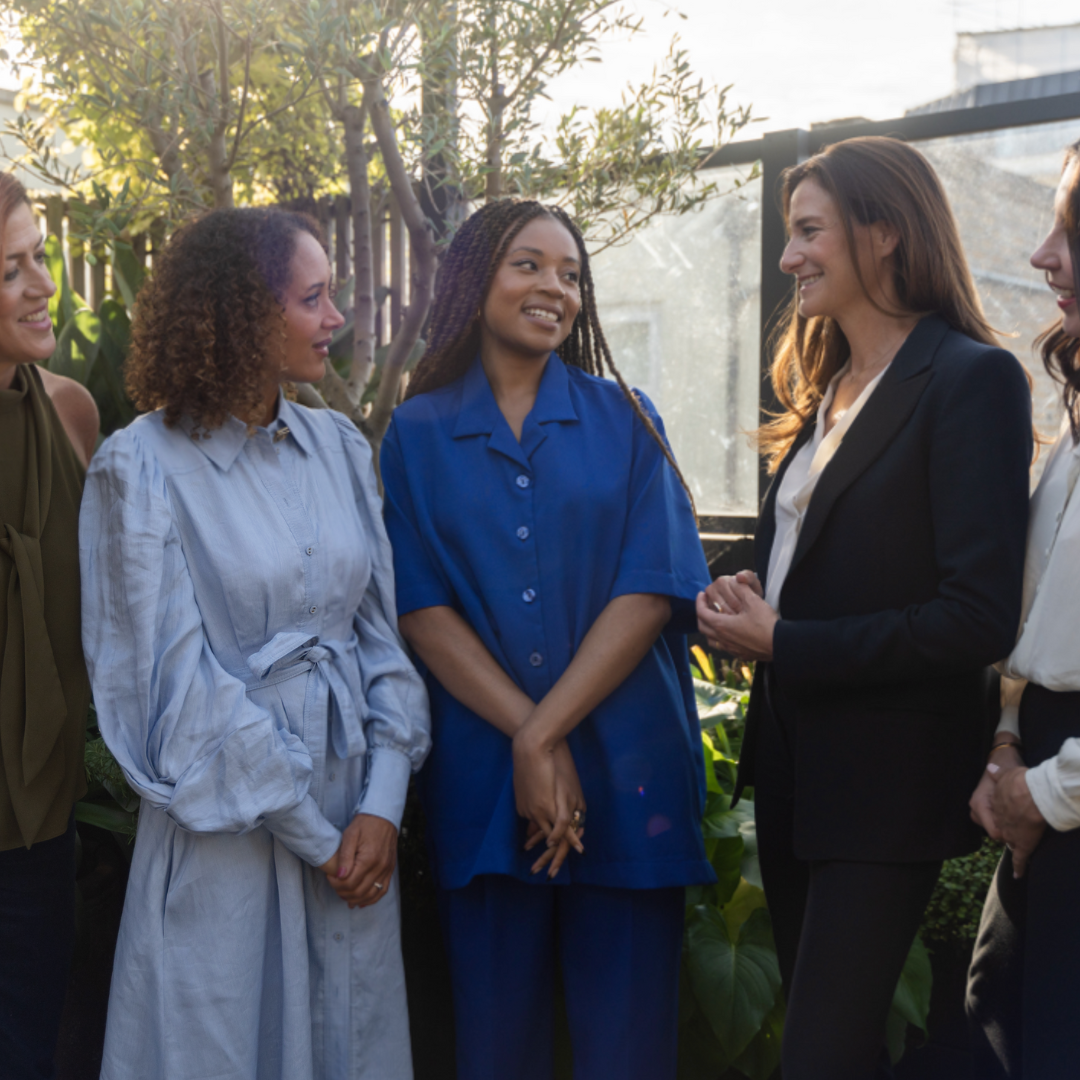 The Power Series: Igniting responsibility, innovation, and action in sustainable fashion and beauty
The Power Series: Igniting responsibility, innovation, and action in sustainable fashion and beauty -
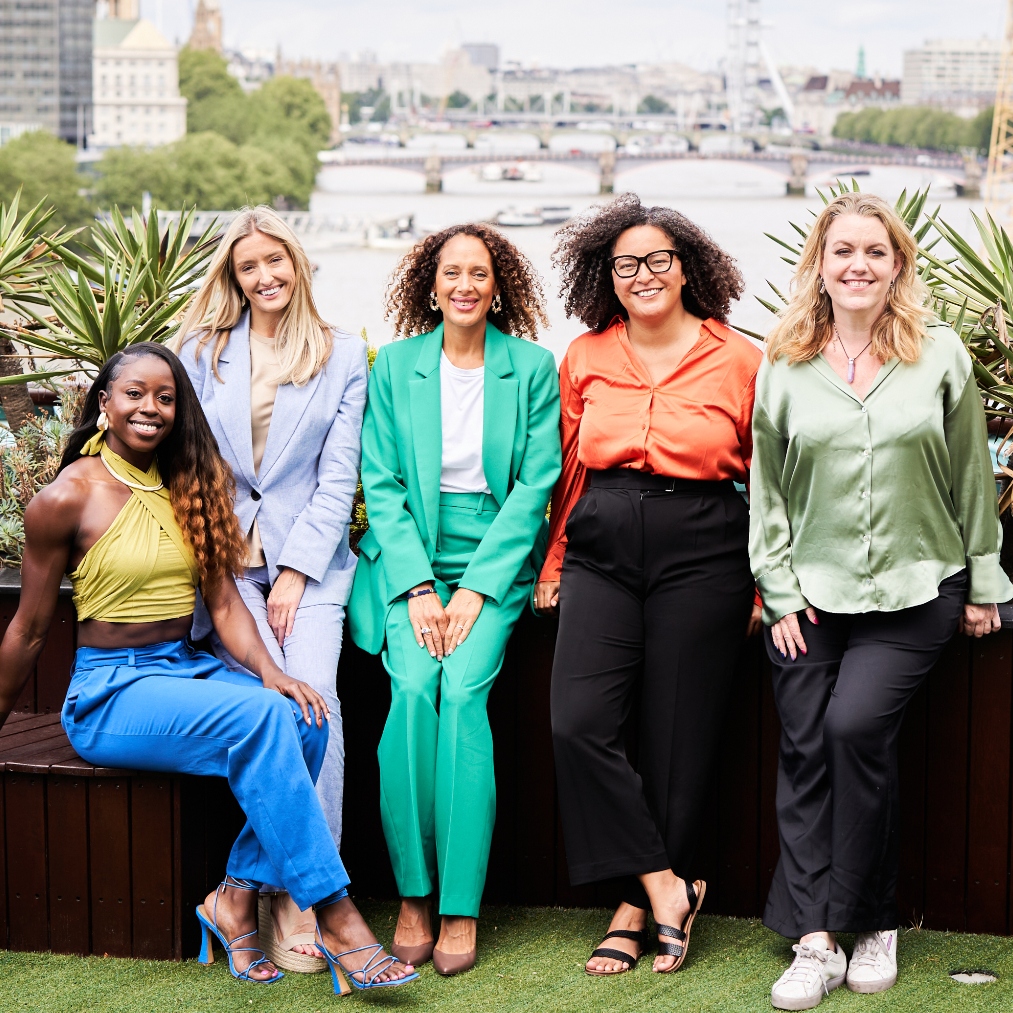 Four of the most influential women in sport talk levelling the playing field
Four of the most influential women in sport talk levelling the playing fieldHow do we encourage more women to stay active? As part of our Power Summits series, Marie Claire’s Editor in Chief Andrea Thompson sat down with four agents of change to find out.
